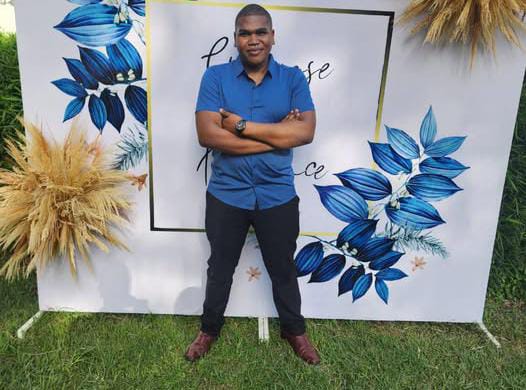- Details
- East Africa
- 475
The DPP made the statement after perusing the inquiry file followng Moinde’s arrest in Kisii and subsequent transportation to Nairobi.
Director of Public Prosecutions (DPP) Renson Ingonga says there is no sufficient evidence to charge Kelvin Moinde a Kisii based influencer arrested over posts criticizing Deputy Inspector General Eliud Lagat.
The DPP made the statement after perusing the inquiry file followng Moinde’s arrest in Kisii and subsequent transportation to Nairobi.
“The Office of the Director of Public Prosecutions (ODPP) acknowledges receipt of the inquiry investigation file on Mr. Kelvin Moinde. Upon careful perusal of the inquiry file, the Director of Public Prosecutions (DPP) is satisfied that there is NO sufficient evidence to charge Mr. Kelvin Moinde,” he stated.
“The ODPP remains committed to executing its constitutional mandate in accordance with the law, public interest, and administration of justice.”
Moinde was arrested on Thursday last week in Tendere village, Gucha sub-County in Kisii County.
He was booked at the Kenya police station in Kisii before being transported to DCI headquarters in Nairobi.
Moinde is being held at Kamukunji Police Station in Nairobi. By Capital News






